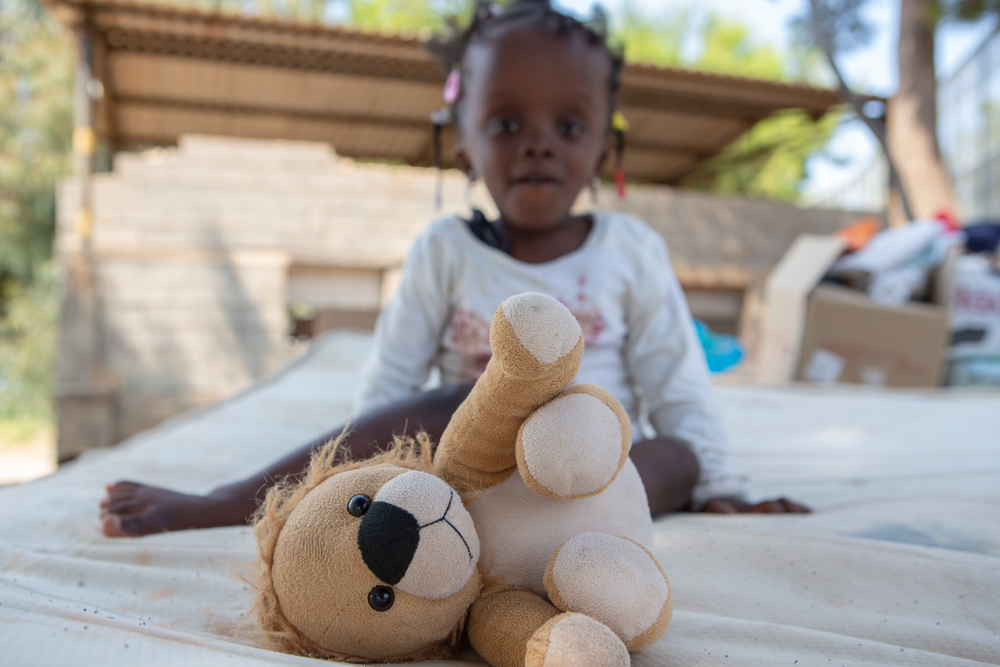Read Theirworld's submission
International Development Strategy: Call for Evidence form
Last month, Theirworld submitted evidence to the Foreign, Commonwealth and Development Office’s (FCDO) call for evidence to inform its forthcoming International Development Strategy.
This followed the UK Government’s announcement that it was merging the Foreign and Commonwealth Office (FCO) and the Department for International Development (DFID) into the new FCDO. The review and ensuing strategy will set the UK’s development priorities for the coming years.
The review comes at a time when governments around the world are navigating unprecedented global challenges. Covid-19 has exacerbated existing development issues such as poor economic recovery, school closures and deep inequities in access to healthcare.
Additionally, the UK Government has announced plans to cut its aid budget from 0.7% of its Gross National Income (GNI) to 0.5% of UK GNI. This means there will be less money available from the UK to address global challenges.
Theirworld’s submission urged the FCDO to prioritise programmes, policies and financing for education because, as Theirworld’s information toolkit The Key shows, education helps to unlock solutions for many other development challenges – from climate change to migration and pandemic recovery.
International Development Strategy: Call for Evidence form
Even before the pandemic, there was a huge gap between the financing needed to achieve the Sustainable Development Goals (SDGs) for education and the money spent on education by national governments and donors.
According to the International Commission on Financing Global Education Opportunity, education spending needed to more than double from 2015 to 2030 from $1.25 trillion per year to nearly $3 trillion. More recent analysis from Theirworld found that there is an annual education financing gap of $59bn.
We have therefore asked FCDO to prioritise three key areas within education:
Adopting this critical course of action will make a big dent towards addressing the global education crisis. Lorriann Robinson
The UK government has made girls’ education a key development priority, and has helped to galvanise global commitments from other donors to ensure all girls can access 12 years of quality education.
We believe that focusing on the key priorities outlined by Theirworld will ensure the UK is more likely to achieve its commitments on girls’ education.
For this reason, we have called on the UK to step up its leadership by committing to invest 10% of Official Development Assistance (ODA) for education in ECE and prioritise education for children facing emergencies such as refugee children who may have lost years of their education, and for whom education can offer so much benefit.
Aid spending alone cannot solve the education spending gap. National governments must also increase their domestic spending on education and donors should follow the UK’s example and support IFFEd – an initiative that can dramatically increase financing for the post-Covid global education response.
Adopting this critical course of action will make a big dent towards addressing the global education crisis, giving hope to millions of vulnerable children around the world.
As Justin van Fleet, Theirworld’s President, said: “The current strategy for funding education will leave hundreds of millions of children behind unless we act differently – starting now.”
